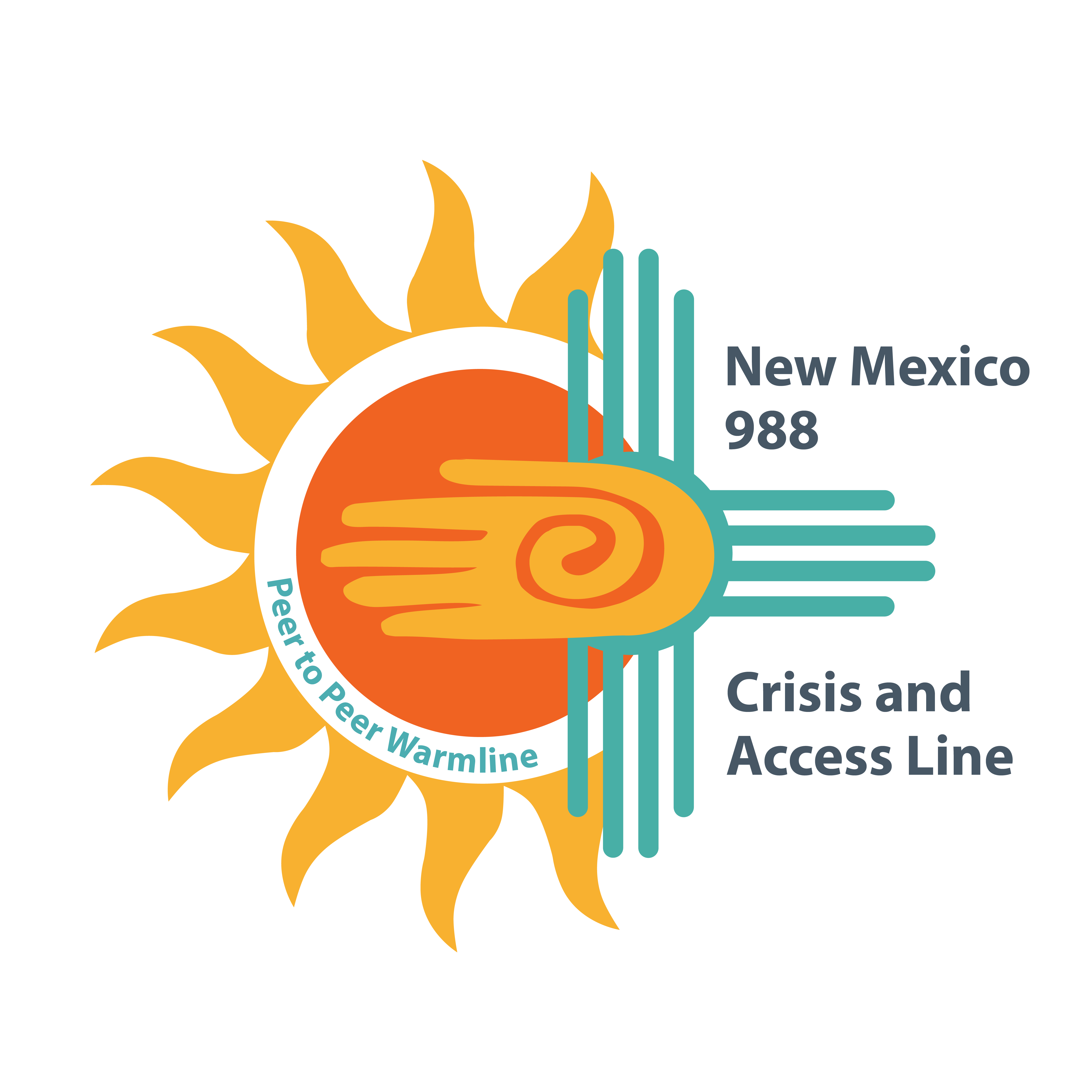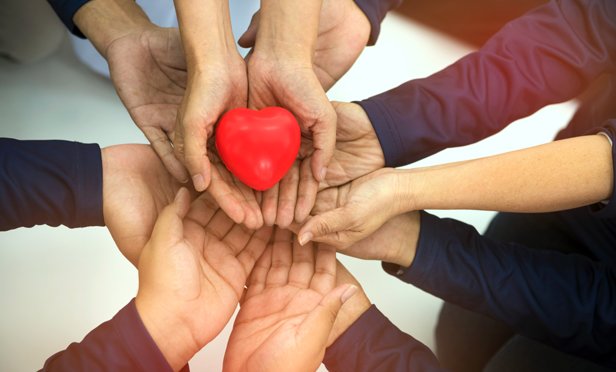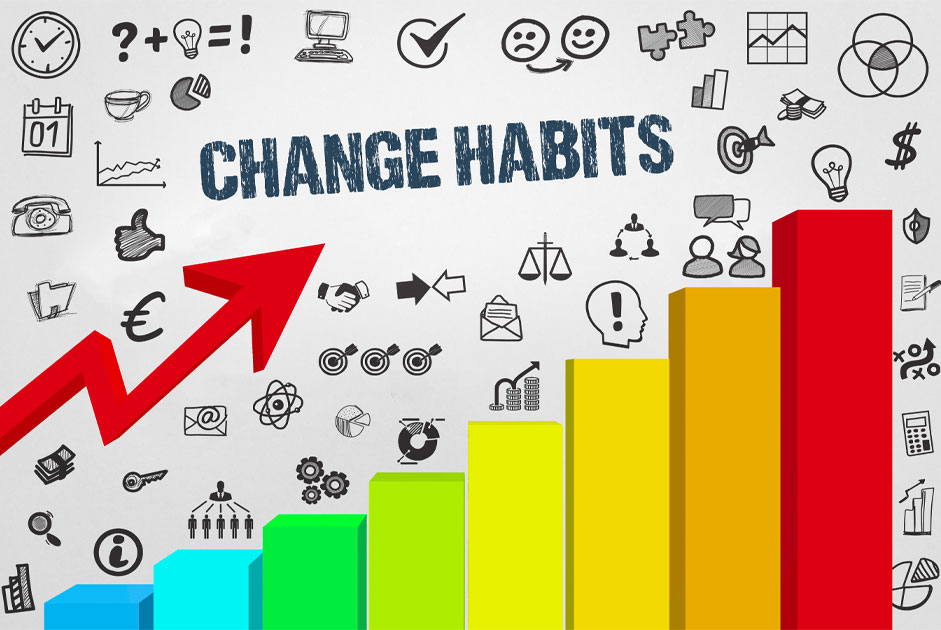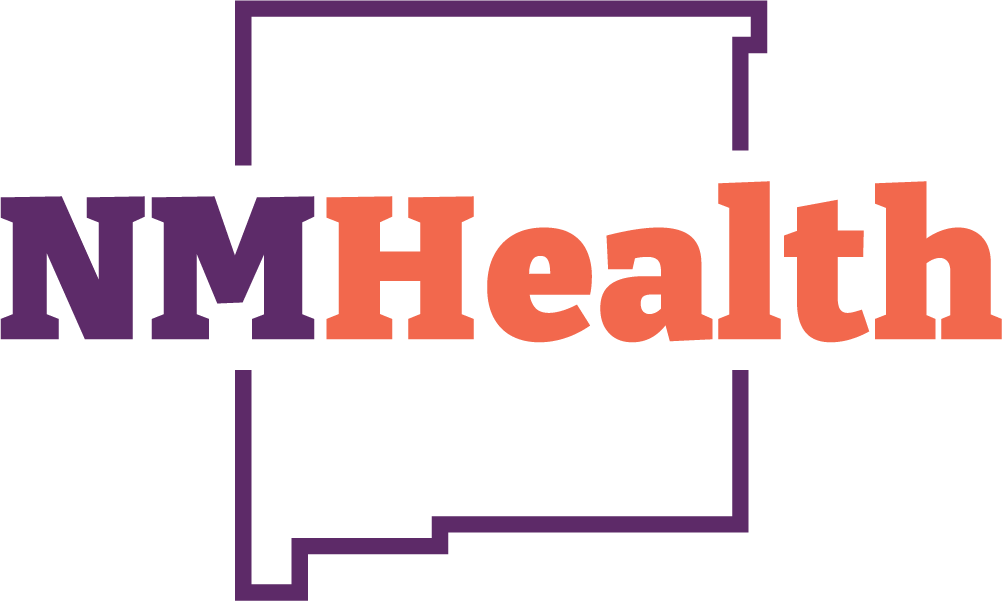Giving should come from a selfless act – where you simply give from your heart. This act of giving is not always tied to a special event, holiday, or celebration – it is merely a time when you give from the heart because you want to share what you have, show your appreciation and give because you truly care. When you give in this way, there should not be any other motive behind it. You should not give with the expectation that you will get something in return. You give because you want to.
When you give simply from the heart you are saying that you don’t care if you don’t get anything in return, you don’t care if no one notices, and you don’t care if no one thanks you. When you give simply from the heart you are telling your subconscious mind that you truly care and want to share what you can. This in return can support your whole health.
There are many studies, especially since the rise of positive psychology that consider the relationship between kindness, positivity, giving, and other similar positive practices and human health.
Physical Health and Giving
Did you know that kind, giving people tend to live longer and healthier lives? They report fewer symptoms of pain and aches. Studies have shown that volunteering is more important in lowering your likelihood of dying than exercising four times a week–almost as important as quitting smoking.
In his book, Why Good Things Happen to Good People, preventative medicine professor Stephen Post reported that giving to others can increase the immune system response among people with a chronic illness.
Mental Health and Giving
Acts of giving and kindness also play a preventative role when it comes to a persons mental health. Such acts stimulate the reward (dopamine and endorphin) in brain areas and thus make us feel good and positive. This makes an impact on cognition, emotions, and psyche, and increases perceived self-value, confidence, and self-worth.
How is this possible? Why is the act of giving so beneficial for a persons overall physical wellbeing?
The most probable hypothesis is that volunteering, kindness to others, giving, and other altruistic acts lower our perceived stress and the intensity of one’s stress response. This way, instead of excreting “bad” neurotransmitters and hormones like cortisol and adrenaline that harm one’s health, the body is much more in balance with it’s entire being.
Helping others can make a person feel good both physically and mentally: people reported feeling more energetic, less depressed, and more self-worthy.
Giving Can Make us Happy
Besides giving a person energy and making them more energetic and healthy, giving ultimately can potentially make a person happy by lowering symptoms of depression and make one “high” on dopamine and endorphins.
This all means that giving is a much more important element of happiness than receiving.
Being able to give makes a person feel like they are making a big impact on someone’s life, encouraging them to do more good and uncover a different perspective of happiness. In support, studies detect a clear correlation between volunteering and happiness. Teenagers who are motivated to help others feel much happier, more excited, engaged, involved, and active compared to their peers who are not motivated by altruism. They are also more socially intelligent and confident.
Giving Promotes Positive Values
Giving inspires further giving. This is just one of the many positive values that the act of giving instills. Apart from feeling grateful for being important to someone, the receivers very often also become inspired and wish to become givers themselves.
While it should not be expected, studies show that when a person gives to others, they are more likely to be rewarded, and receive something in return, either from the same person or someone else. Such exchanges represent the base for other positive emotions and values, such as trust, cooperation, intimacy, and life satisfaction. Giving also strengthens positive relationships and collaboration not only between two individuals, but within a social community as well.
Buildings or neighborhoods in which all neighbors know each other, have mutual community activities, and help each other (helping the elderly, watching each other’s children, exchanging/borrowing things, etc.) tend to have less crime, disputes, and be more satisfied in life.
Giving and Gratitude
It’s quite unexpected how giving evokes gratitude on both ends: both the giver and the receiver can feel grateful in the act. The giver might be expressing their gratitude for something, and at the same time make the receiver feel grateful as well.
So far, research has revealed that gratitude can play an important part in our happiness, health, social relationships, and overall wellbeing. It’s another mediator to perceived stress that can make a person more resilient and optimistic when life gets hard.
Take some time to stop and pause and think about how you can give.
There are so many things that can potentially be gifted: objects, love, patience, attention, time, advice, forgiveness, presence. A gift is the most beautiful way to thank someone, apologize, show how you feel, or make friends with someone.
Giving is an act of art because it sums up the most beautiful wishes, feelings, and messages. From a small act of kindness like a smile to bigger deeds like supporting a dear friend or helping a team member achieve something that’s important to them–it’s an art. Ultimately, it can help you become a better and happier person.
By giving to others, you pass the beautiful feeling of gratitude on. Once you feel grateful for what you have now, or what you have received, you’ll most likely wish to spread appreciation and joy around.
- How important is giving to you?
- Are you a giver or a receiver?
- Do you notice that you receive more when you feel and act in a giving way?
- Do you think that’s a coincidence or is there an explanation?










